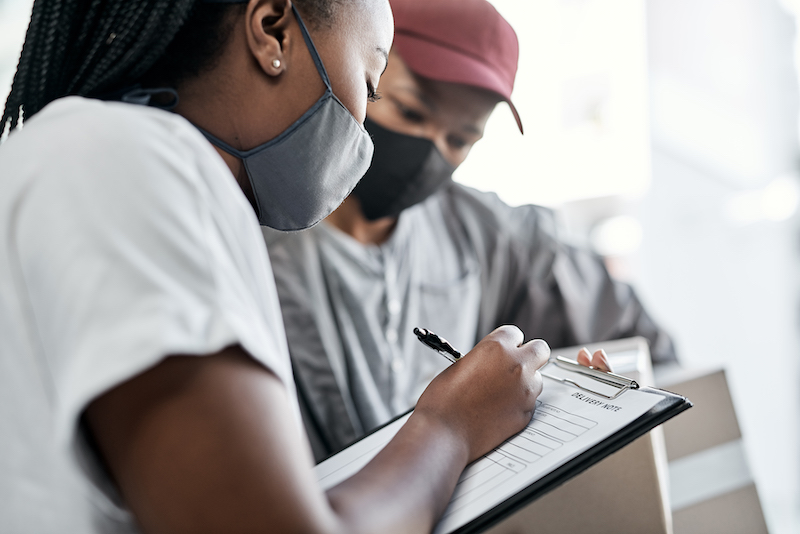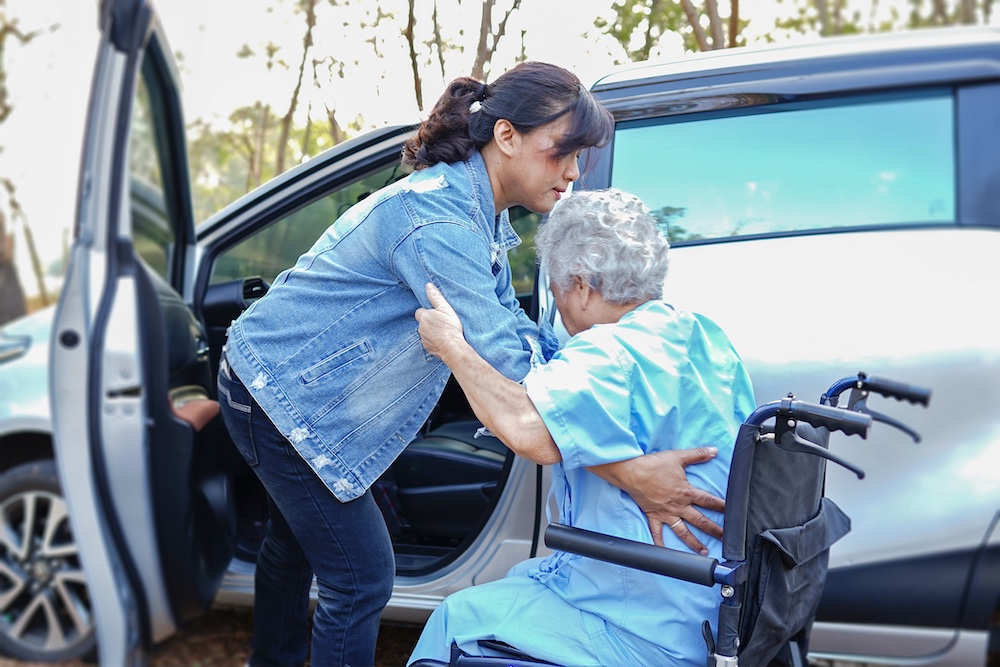New IWPR survey data show young women’s experience of economic hardship during the COVID-19 crisis varied across racial/ethnic groups and gender and sexual identities—with some struggling more than others. To achieve an equitable recovery, policies should level the playing field by supporting young women who have been hit hardest.
Research highlights:
This brief was made possible by support from the Annie E. Casey Foundation and Pivotal Ventures, an investment and incubation company created by Melinda French Gates.



